Until recently, people knew very little about the negative psychological consequences of pectus excavatum. Recent studies have revealed that you shouldn’t oversee these harmful mental effects.
They must be treated with the same intensity as the physical symptoms. Back then, pectus excavatum was examined only as a cosmetic problem. Nobody paid attention to the psychological consequences.

CAN DECREASE QUALITY OF LIFE
The deformity’s mental effect worsens the patient’s quality of life. No matter how severe your deformity is, how you perceive it mentally matters the most. You can have an extremely hollow chest and feel secure and confident about it.
Vice versa, you can have a slight dent in the chest, making you insecure and anxious. The most important thing the studies discovered is that pectus excavatum affects patients in every single aspect of their life.
A SUNKEN CHEST IS MORE HARMFUL THAN RESEARCHERS FIRST THOUGHT

Fortunately, in the last few years, awareness of pectus excavatum has significantly increased. Specialists and researchers started to be more aware of it. Because of that, a lot of studies were done. Their purpose was to discover more about the deformity’s physical and psychological effects.
The findings surprised the scientists. Before the studies, the doctors thought that the only mental downside of the deformation was that the patients weren’t comfortable taking their shirts off in public.
What has been discovered was more serious. The emotional consequences were more frightening and destructive than the physical symptoms. If you’re feeling any mental symptoms, please consider a therapist.
Don’t allow this condition to destroy your potential as a human being. You deserve to have regular mental health and healthy social life. Please take care of your mental health.
ACCEPTING THE DEFORMITY ISN’T ENOUGH
Some of the people with pectus excavatum accept their condition. Even though they will feel much better mentally than those who are insecure about it, there is a chance that they’ll still feel the psychological limitations of the deformity. A scientific study has backed this up. It revealed that accepting the deformity isn’t enough for good mental health.
However, as soon as you physically improve the deformity through physical therapy or surgical procedure, you’ll notice that you’ll feel much better. When you correct the visual aspect of the deformity, the psychological problems associated with it fade away.
If you take action immediately, your quality of life will improve tremendously. The most common negative feelings that incaved chest patients feel are being self-conscious about their bodily appearance and having a depressive attitude about life.
MOST SENSITIVE YEARS TO FEEL THE NEGATIVE PSYCHOLOGICAL EFFECTS

The study by Einsiedel and Clausner in 2009 displayed the psychological effects of pectus excavatum based on the patient’s age. It concluded that the patient’s age played a huge role in the severity of the mental issues associated with the deformity.
As claimed by the scientists, older kids (over 11 years old) with concave sternums had much more severe psychological complaints than younger children. That’s the exact period when feelings of shyness, social worry, lack of enthusiasm for social interaction and activities, pessimism, and depressive thoughts are on the rise.
All these emotional problems can have an undesirable effect on the patient’s self-development. What’s disturbing is that these negative mental symptoms start forming when the patients enter their teenage years.
The idea of self-esteem and self-respect is established in those ages. Regularly, adverse psychological effects occur when young patients finish elementary school and enter high school.
That’s a vulnerable period in the individual’s social life. I experienced this firsthand. Usually, the loss of confidence caused by the pectus excavatum condition happens at the worst of times. In my observation, adults with pectus excavatum don’t have such noticeable and intense non-physical adverse effects.
However, living a long life occupied by self-confidence issues caused by deformity isn’t a life lived to its full potential. Even though adults with indented chests may seem happy and positive on the outside, they probably live with many regrets.
CAN CHILDREN GET EMOTIONALLY DAMAGED BY PECTUS EXCAVATUM?

Adverse emotional effects on children with indented chests shouldn’t be neglected. Even though your kid may be healthy mentally, it is still vulnerable to the damaging psychological effects of the deformity.
Most kids remain silent about their issue with pectus excavatum. They don’t discuss it with their parents and friends. Usually, they isolate themselves in a room and keep their negative thoughts to themselves.
The more they hold back from discussing their problem with their loved ones, the more the psychological problem may worsen. Most kids with pectus excavatum don’t show their friends their anterior chest wall and ribcage abnormalities. In their minds, showing their flaws is the worst thing that can happen to them.
BIGGEST NIGHTMARE
Being laughed at in school is a kid’s biggest nightmare. If your kid’s peers notice the dent in their sternum, they’ll probably make fun of it. That will shatter your kid’s self-confidence. The shock will be tough to recover from. Kids with incaved chests think that isolation is safe for their mental well-being.
However, that leads to undesirable effects. Living that way won’t fix the issue. The problem will remain and may even get worse. The thought of being different than other kids gets worse with time. It can lead to complete loneliness and everlasting emotional harm.
Living with pectus excavatum puts a large amount of pressure on your kid. As I said, this happens especially when its peers make fun of the caved-in chest condition. The mental issues will continue to last, even in adulthood.
FAKE SOCIAL MEDIA LIFESTYLES
In social media, movies, TV, marketing, the Internet, and magazines, manhood and masculinity are promoted as ideal. Wherever you look, you see the tanned and jacked Dan Bilzerians of the world with eight-pack abs getting massaged by ten Victoria’s Secret models. As a pectus excavatum sufferer, these fake lifestyles can make you miserable because the deformity is holding you back.
Please don’t be a victim of this. Most boys, teenagers, and even adults suffering from the condition are physically weak and shy. They usually don’t have a girlfriend or boyfriend. Their parents and friends can never see them bare-chested because they are too afraid to show the cavity to the world.
On top of that, numerous suicide attempts and even massive school shootings happened because deformities played a considerable role.
HOW TO HELP YOUR KID WITH FUNNEL CHEST PSYCHOLOGICALLY

Does your child have pectus excavatum? Are you noticing any changes in their way of behaving? Most kids are masters at hiding their emotions and feelings about their deformed chests from the world. No pectus excavatum sufferer wants to be treated like a freak.
Most patients with deformities think of themselves as freaks. If you’ve never had the deformity, you’ll never understand how damaging it can be psychologically. Kids with sunken chests don’t want to be considered freaks, particularly during their sensitive teenage years.
I KNOW HOW IT FEELS
As a kid with congenital pectus excavatum, I know the exact feelings. My parents recognized my behavior change as soon as I entered high school. They showed me a lot of love, despite my irregularities.
That helped me tremendously in dealing with the psychological damages of the deformity. That made me understand parents’ significant role in their children’s mental development. You must help your kid in the best way imaginable.
LOVE IS KEY
When you see a dent in your kid’s breastbone, please start displaying unconditional love. That is the most important thing a parent can do for their child. However, it would be best if you were extremely cautious about this.
Your child can misunderstand an incorrect tactic on your part. That can cause more significant damage and lead to more superior isolation. Understanding your kid’s psychological problems is a challenging thing to do.
ASK THE RIGHT QUESTIONS
It would help if you asked the right questions. Please, prepare yourself before asking your kid any questions about its pectus excavatum deformity. Formulate the right questions before you proceed.
Please be aware of how your child behaves in social interactions. Do everything in your power so your kid will feel loved. That’s critically important. This is a compassionate thing to do.
A PARENT’S GUIDE TO PECTUS EXCAVATUM
This is the most authoritative book for parents with kids with pectus excavatum in today’s market. There are plenty of great tips that can help your kid spiritually. Please, read this book before you start acting as a psychotherapist to your kid.
The book will help you and your kid recognize that you aren’t the only ones going through this. Implementing the methods in the book will make your life much more comfortable.

AEROBIC EXERCISES BENEFITS FOR MENTAL HEALTH

According to the description on the Global Healing Center website, “Aerobic exercise is a type of movement such as running or cycling that gets your heart pumping quicker and raises your oxygen intake.” Great examples of aerobic workouts are;
- Running,
- Hiking,
- Swimming,
- Kayaking,
- Pilates,
- Cycling,
- Fast walking,
- Circuit training,
- Snow sledding,
- Skiing,
- Rollerblading.
We are told we must participate in aerobic workouts to acquire many health benefits. Some of them are weight loss, better skin, and muscle tone. Surprisingly, that’s not all! There are excellent psychological benefits of aerobic exercises too!
4 BENEFITS

So, what are the psychological benefits of aerobic exercise for pectus excavatum patients? In short, the benefits are:
- Improved mood
- Reduced anxiety
- Reduced depression
- Buffer against stress.
This will help every single pectus excavatum patient mentally. I notice a tremendous improvement in my client’s moods after implementing aerobic exercises in their workouts. With that being said, let’s discuss these benefits in more detail.
MOST EFFECTIVE WAY TO IMPROVE YOUR MOOD
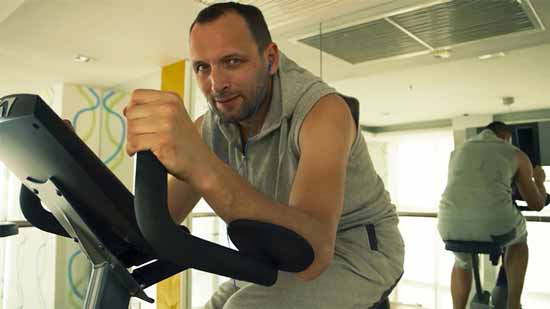
When we exercise aerobically, our bodies produce chemicals called endorphins. Scientifically speaking, these chemicals are polypeptides. They can bind to the neuron receptors in the brain to relieve pain. Endorphins are not just produced from exercise; they are also triggered by:
- Deep breathing
- Meditation
- Eating spicy food
- Deep laughter.
Just make sure you don’t do all five at once. These feel-good chemicals are believed to produce four essential effects on the body. They dismiss aching, reduce stress, enhance the immune system, and postpone aging.
Endorphins are known to cause a positive feeling in your body. The feeling is very similar to morphine (opiate pain medication). In other words, you don’t need external substances to feel great in your skin.
The feeling after a challenging aerobic workout is often defined as “elated.” You’ll have an optimistic and energetic outlook on life if you become a fan of aerobic exercises. That will help you tremendously with your pectus excavatum spiritually and mentally.
Investing in some home fitness gym equipment will be very worth it. That will make working out easy for you. However, I always prefer to do aerobic exercises outside. I do have an indoor stationary bike. If it’s raining outside, I have no excuse not to exercise and take care of my body and emotions.
HOW TO GET RID OF PECTUS EXCAVATUM INNER ISOLATION

Depression and anxiety lead to a feeling of isolation, especially if you have inherited the deformity. To do aerobic sports, you can join a running club, swimming club, gym, or other sports club. That’s a beautiful way to meet new people. You may even stumble upon someone who also has a concave chest deformity. Socializing with unique individuals will be therapeutic.
Also, that’s an excellent way to gain the psychological benefits of aerobic activity. It will get you out of your comfort zone. Joining aerobic sports clubs will put you in a position where you must speak to people.
Aerobic exercise also is a great way to instill calmness in your mind. That’s done by fully immersing in the presence of the activity you’re doing.
For an hour or so each day, you will challenge yourself to finish a run in a previously set amount of time. Exercising and toning will boost anyone’s self-assurance. That’s especially true if you have the pectus excavatum condition. Clothes will fit better, your body will be muscular and toned, you’ll have a beautiful shine on your skin, and you’ll look healthier than ever before.
Be prepared to receive a ton of compliments from friends and strangers. This is often enough to escape the dark cloud of mild depression.
AEROBIC EXERCISES ARE CRUCIAL FOR STRESS AND WORRY REDUCTION

Do you ever feel like the whole world is collapsing on top of you? I think everyone has experienced this feeling at one stage or another. If you stay optimistic, this feeling will pass like a dark cloud.
After it passes, a bright blue sky will appear. Aerobic exercise is a fantastic way to stay positive, especially if you’re suffering from psychological issues caused by pectus excavatum.
When you are stressed out, it is vital to get enough sleep. People who exercise aerobically go to deep sleep at a faster rate. When they’re awake, they feel more refreshed and have sharper memories.
Studies revealed that exercise increases the blood flow to the brain, bringing extra sugar and oxygen to it. This helps enormously when you’re concentrating.
You’ll do better at school, work, and other essential areas in your life. Once again, the little endorphins will help you psychologically. They’ll make you happier, relaxed, and stress-free and make pectus excavatum depression and anxiety a thing of the past.
FEEL GRATEFUL THAT YOU LIVE IN THE 21ST CENTURY

You can use this website as a resource to help you deal with this thoracic deformity, both bodily and spiritually. You can choose two paths to help you fix pectus excavatum. The one I recommend the most is non-surgical physical therapy. It consists of workouts, bracing, vacuum bell treatment, and stretching.
This approach will significantly help you with your posture and muscle mass. That will make your hollow chest much less perceptible.
As soon as you see muscle tone, good posture, and a decreased dent in the chest (usually within 2-3 months), you’ll feel much better emotionally. The other approach is undergoing an indented chest minimally invasive surgery.
The most effective and common one used is called the Nuss procedure. You may even be the right candidate for a Ravitch procedure. However, that is much more invasive than the Nuss procedure.
The Bottom Line
Exercise! It will help you psychologically and physically while dealing with the funnel chest deformity. There are too many benefits that you will miss out on if you don’t exercise.
In addition to the aerobic exercises, you’ll need to perform exercises to correct the hollow chest. In my view, aerobic exercises are better for mental health when living with a deformity.
On the other hand, bodybuilding and stretching exercises will help you add muscle mass and stretch the muscles causing poor posture. Combining these two will help you improve your hollow chest deformity while keeping a positive outlook on life.
That’shat’syou successfully repair the pectus excavatum deformity without a surgical procedure!
Thank you for reading!
7 Sources
- Pectus excavatum and pectus carinatum patients suffer from lower quality of
life and impaired body image: a control group comparison of psychological
characteristics prior to surgical correction - PubMed [Internet]. [cited 2022 Dec
3]. Available from: https://pubmed.ncbi.nlm.nih.gov/21440452/ - Pectus excavatum: Not just a cosmetic concern - Mayo Clinic [Internet]. [cited
2022 Dec 3]. Available from: https://www.mayoclinic.org/medical-professionals/cardiovascular-diseases/news/pectus-excavatum-not-just-a-cosmetic-concern/mac-20430716 - Eric Harris | Nations Wiki | Fandom [Internet]. [cited 2022 Dec 3]. Available
from: https://nations.fandom.com/wiki/Eric_Harris - Running and Breathing: A Lesson in Oxygen Intake and VO2 Max | ACTIVE [Internet]. [cited 2022 Dec 3]. Available from: https://www.active.com/running/articles/running-and-breathing-a-lesson-in-oxygen-intake-and-vo2-max
- Endorphins. In: Wikipedia [Internet]. 2022 [cited 2022 Dec 3]. Available from:
https://en.wikipedia.org/w/index.php?title=Endorphins&oldid=1123033428 - Endorphins - an overview | ScienceDirect Topics [Internet]. [cited 2022 Dec 3].
Available from: https://www.sciencedirect.com/topics/biochemistry-geneticsand-molecular-biology/endorphins - Why Do I Think Better after I Exercise? - Scientific American [Internet]. [cited
2022 Dec 3]. Available from: https://www.scientificamerican.com/article/whydo-you-think-better-after-walk-exercise/


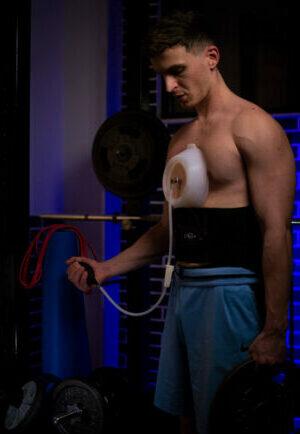


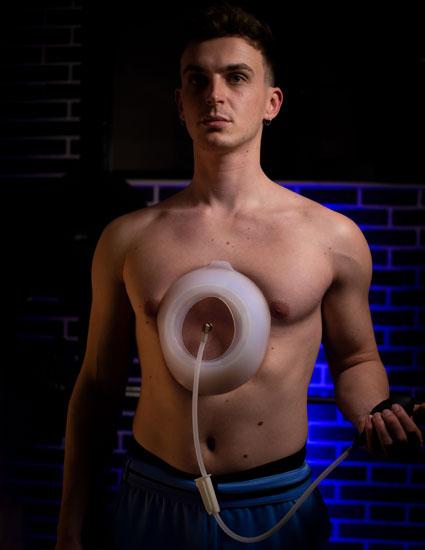

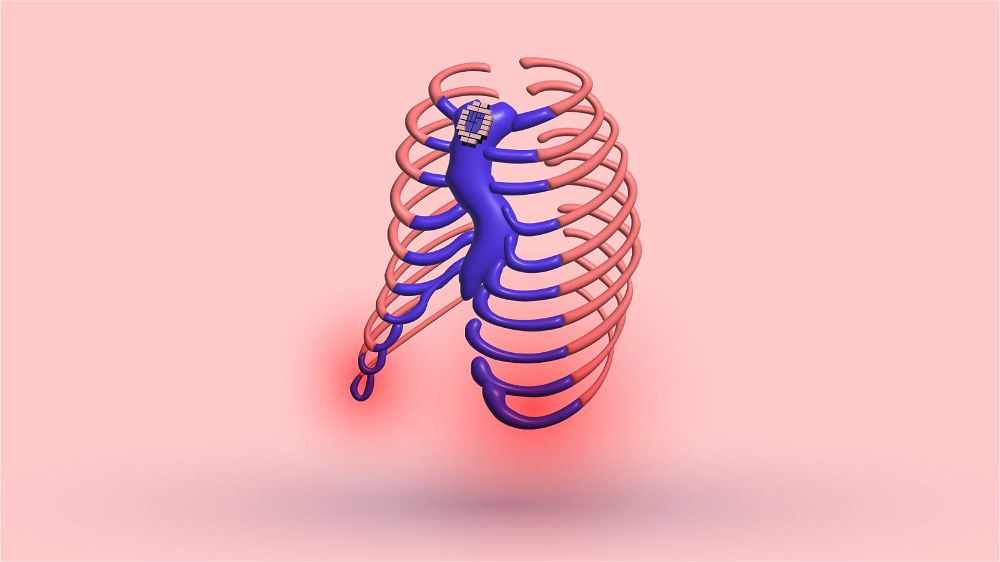
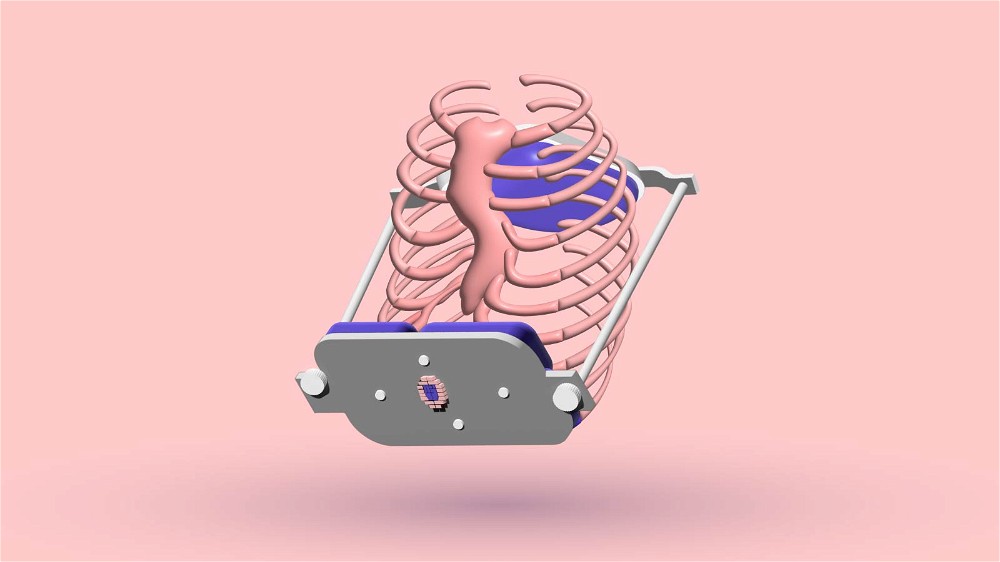
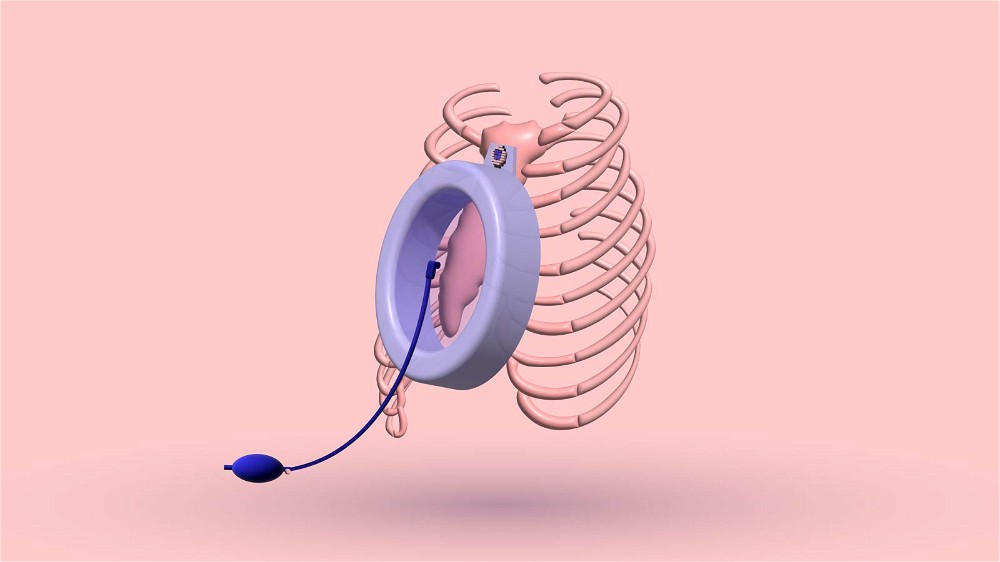
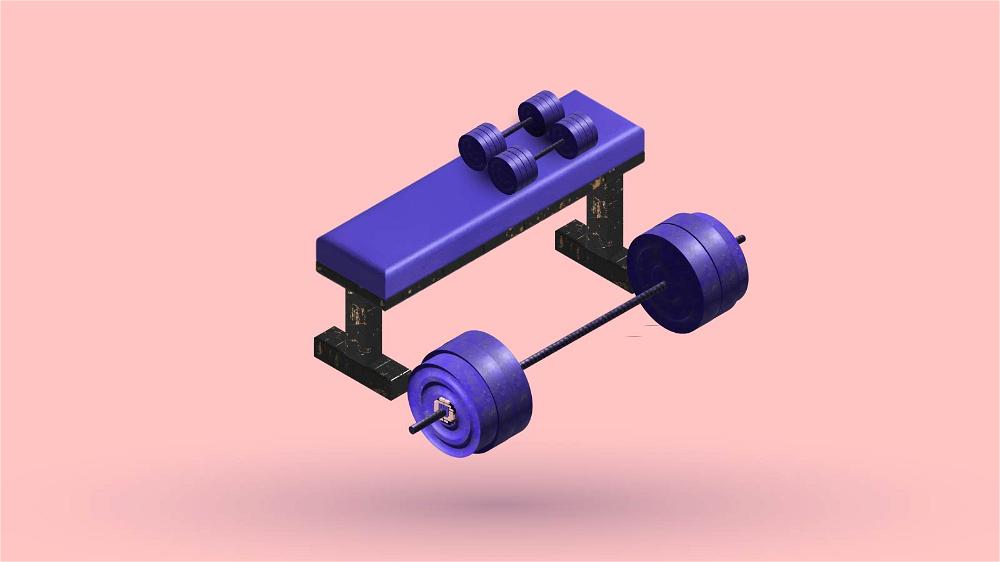
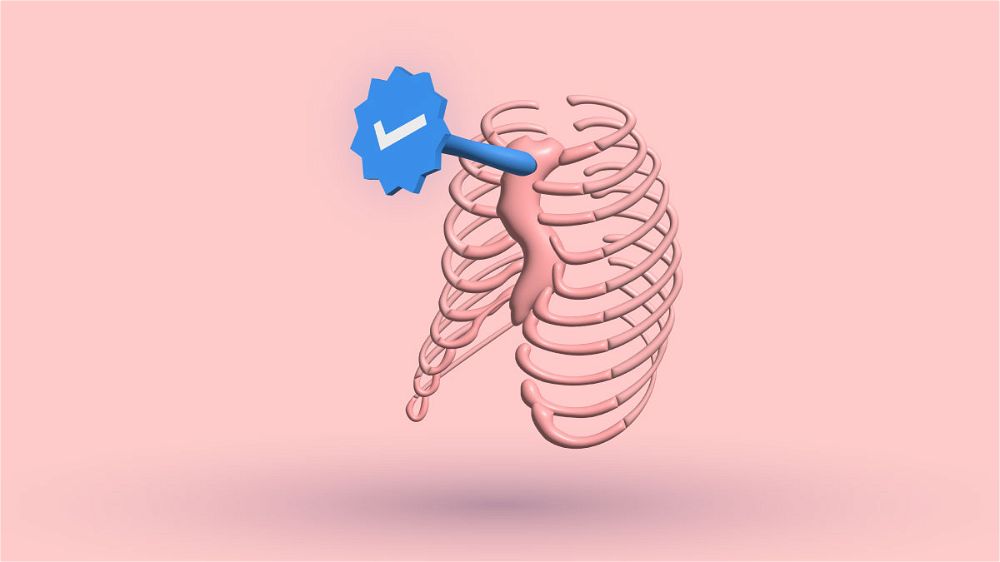
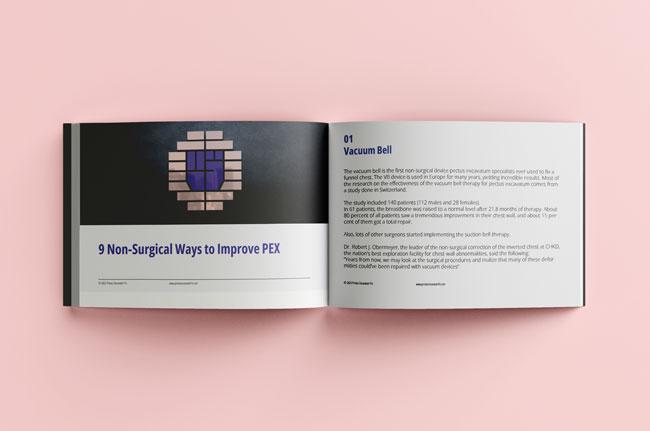


Having read this I believed it was rather informative.
I appreciate you taking the time and effort to put this article together.
I once again find myself spending a significant amount of time both reading and commenting.
But so what, it was still worthwhile!
Hello there! This article could not be written any better!
Looking at this post reminds me of my previous roommate!
He continually kept preaching about this. I’ll forward this post to him.
Fairly certain he’s going to have a great read. Thank you for sharing!